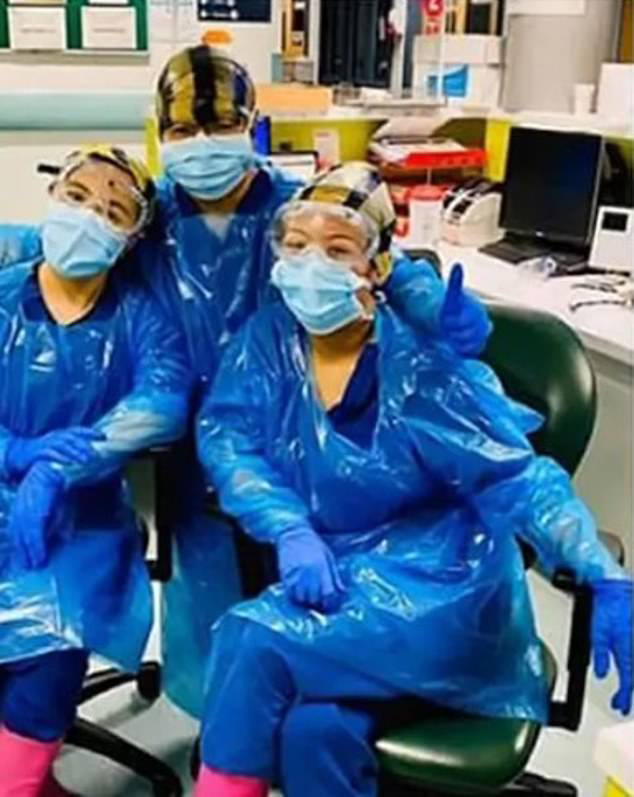BLACK, Asian and minority ethnic (BAME) nursing staff are still more likely to have problems accessing protective equipment, according to latest UK-wide member survey by the Royal College of Nursing (RCN).
The survey finds that for nursing staff working in high-risk environments (this includes those working in intensive and critical care units), less than half (43%) of respondents from a BAME background said they had enough eye and face protection equipment.
This is in stark contrast to two-thirds (66%) of white British nursing staff.
The disparity was equally stark when it came to fluid-repellent gowns, with 37% of BAME respondents saying they did not have enough to use during their shift with only 19% white British staff reporting the same concerns.
More than half of BAME respondents (53%) also said they had been asked to re-use single-use PPE compared with 42% of white British respondents.
The survey also found similar differences for those working in non-high-risk environments such as those other than intensive or critical care units:
- Less than half (43%) of BAME respondents said they had enough eye protection compared with 66% of white British respondents
- Nearly half (49%) of BAME respondents said they had been asked to re-use single-use PPE compared with just over a third (37%) of their white British colleagues
- There was also a gap in training in what PPE to wear with 40% of BAME respondents saying they had not had training compared with just 31% of white British respondents.
Dame Donna Kinnair, Chief Executive and General Secretary of the Royal College of Nursing, said: ‘All of our nursing staff must have the protection they need, and action must be taken urgently to ensure they are all kept safe.’
- Teachers’ union NASUWT has raised urgent concerns with the Prime Minister over the re-opening of schools and the disproportionate impact of Covid-19 infections and deaths on black and minority ethnic children, young people and adults.
NASUWT general secretary Dr Patrick Roach said: ‘The government must make public the evidence and assessment on which it is relying to conclude that the wider reopening of schools will not lead to further discriminatory impacts in the transmission of the Coronavirus.
‘Schools cannot be expected reasonably or responsibly to plan for wider reopening without access to this critical information.’
Under the Equality Act 2010 all public bodies, including the Government, have to give due regard to the need to achieve the objectives set out under s149 of the Equality Act 2010. This is to:
(a) eliminate discrimination, harassment, victimisation and any other conduct that is prohibited by or under the Equality Act 2010;
(b) advance equality of opportunity between persons who share a relevant protected characteristic and persons who do not share it;
(c) foster good relations between persons who share a relevant protected characteristic and persons who do not share it.
